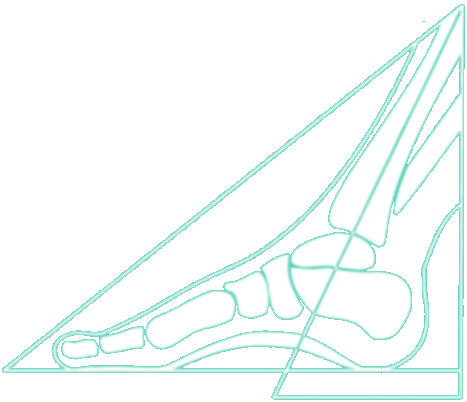
What is plantar fasciitis? Plantar fasciitis is a common foot condition that involves inflammation of the plantar fascia (tendon plate), a thick band of tissue that runs along the bottom of your foot and connects your heel bone to your toes. This tissue helps support the arch of the foot and absorbs shock while walking.
The most common symptom is sharp, stabbing pain in the heel, although it can also extend along the bottom of the foot. This pain is usually worst with the first steps in the morning or after long periods of sitting or standing.
Menopause can have various effects on plantar fascia, mainly due to the hormonal changes that occur during this period. The factors below can affect the tendon plate during menopause:
Overall, menopause can make the foot fascia more vulnerable to injury and discomfort due to the combined effects of hormonal changes, loss of tissue elasticity and changes in foot structure.
Maintaining good foot health, wearing supportive footwear with corrective and relieving podiatric insoles, foot training and monitoring the right balance of load and strain on your feet can help manage these changes effectively.
Source:
- Sarah Venard, MRCPod Specialist, Musculoskeletal Podiatrist, LinkedIn.
- Leblanc, D. R., Schneider, M., Angele, P., Vollmer, G., & Docheva, D. (2017). The effect of estrogen on tendon and ligament metabolism and function. The Journal of steroid biochemistry and molecular biology, 172, 106–116. https://doi.org/10.1016/j.jsbmb.2017.06.008